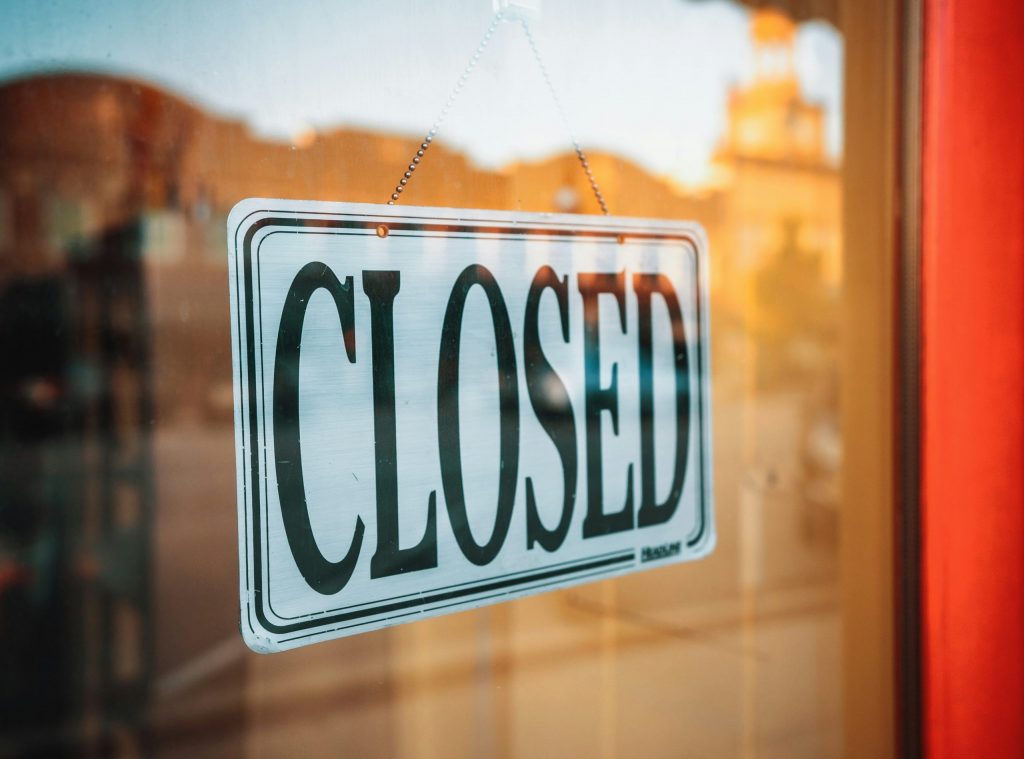At Bankruptcy Guide, our team of experts is equipped with specialist knowledge and experience to help you understand both the advantages of bankruptcy and disadvantages.
It's important to note that while bankruptcy offers many advantages, it isn't the right solution for everyone.
Consulting with qualified Bankruptcy professionals like Bankruptcy Guide to assess your circumstances before making a decision is vital.
One of the most important advantages of bankruptcy is emotional relief.
Given it is the right solution for you, once you are bankrupt, you will feel that the weight of your debts is lifted from your shoulders.
Living with debt can take a significant toll on your mental and emotional well-being. Bankruptcy offers a way out of this cycle of stress and anxiety. It will allow you to focus on rebuilding your life with a renewed sense of hope and stability.
When you go bankrupt you are allowed to keep all of your household belongings (unless they are unusually valuable).
There is also a good chance that you will be able to keep your car. However, if it is worth more than £1500 you many need to pay the difference to the Official Receiver. Different rules apply to business vehicles and cars on finance.
If you are a home owner, your property will be at risk if there is equity in it. That said, in many instances there may be ways to protect your home. However, homeowners should not go bankrupt without first taking specialist advice.
Once you go bankrupt, you get immediate protection from all your unsecured debts.
They must cease their debt collection actions and are no longer allowed to call you or send collection letters.
Your creditors must also stop any current or new legal proceedings such as issuing CCJs, wage attachments and charges against your property.
Bankruptcy allows you the opportunity to reorganize your finances without the threat of creditor harassment.
Going bankrupt means that all the unsecured debt that you owe is written off.
You will not have to make any further payments towards the debt unless you can afford to.
If you can afford to make ongoing payments (from surplus income), you still have to in the form of an IPA (Income Payment Agreement). However, this only lasts for a maximum of 3 years.
Being bankrupt means you get full legal protection against the people you owe money to.
They are no longer allowed to take any legal action against you to recover the debt you owe them.
If legal actions are already being taken, these are immediately stopped.
You no longer have to deal directly with your creditors.
In the UK, bankruptcy lasts for just 12 months.
After this time, your bankruptcy finishes. You are known as being discharged and are no longer bound by the bankruptcy restrictions.
There are two additional important timescales to be aware of:
- If you can afford to make a monthly payment towards your debts, this will last for 3 years from the date of the first payment.
- Even though you are discharged after 1 year, the record of your bankruptcy remains on your credit file for 6 years.
While this solution offers a way out of debt for many individuals, it's essential to carefully consider the disadvantages as well as the advantages of bankruptcy before going ahead.
Bankruptcy is a complex process and can have significant long-term consequences. Seeking advice from Bankruptcy Guide will mean you make a well informed decision about whether it is the right option for you
Our experts will assess your individual financial situation, evaluate your eligibility for bankruptcy, and explain the alternative options to you.
By consulting with us, you will gain a comprehensive understanding of the advantages of bankruptcy, make informed decisions about the best course of action for your situation, and navigate the process with confidence.

Find out about the disadvantages of bankruptcy
Unsure if bankruptcy is right for you? Thinking about going bankrupt but just want to check it's the right thing? Get in touch with Bankruptcy Guide.
Our team of experienced professionals is here to provide expert advice and guidance to help you navigate the complexities of bankruptcy with confidence.
Whether you have decided to go bankrupt and need support or want to explore the alternative solutions for debt relief, we're here to support you every step of the way.
Contact us now to schedule a free consultation and take the first step towards regaining control of your finances and building a brighter financial future.